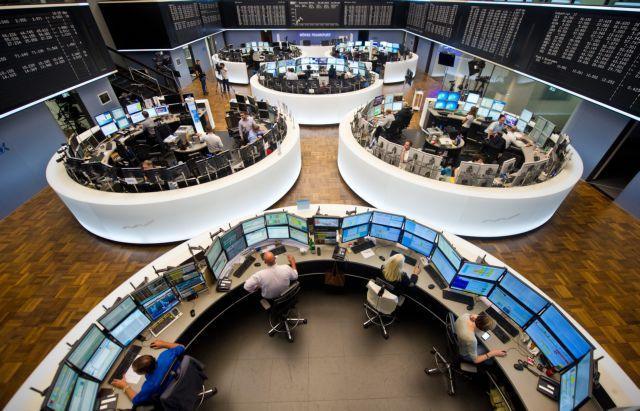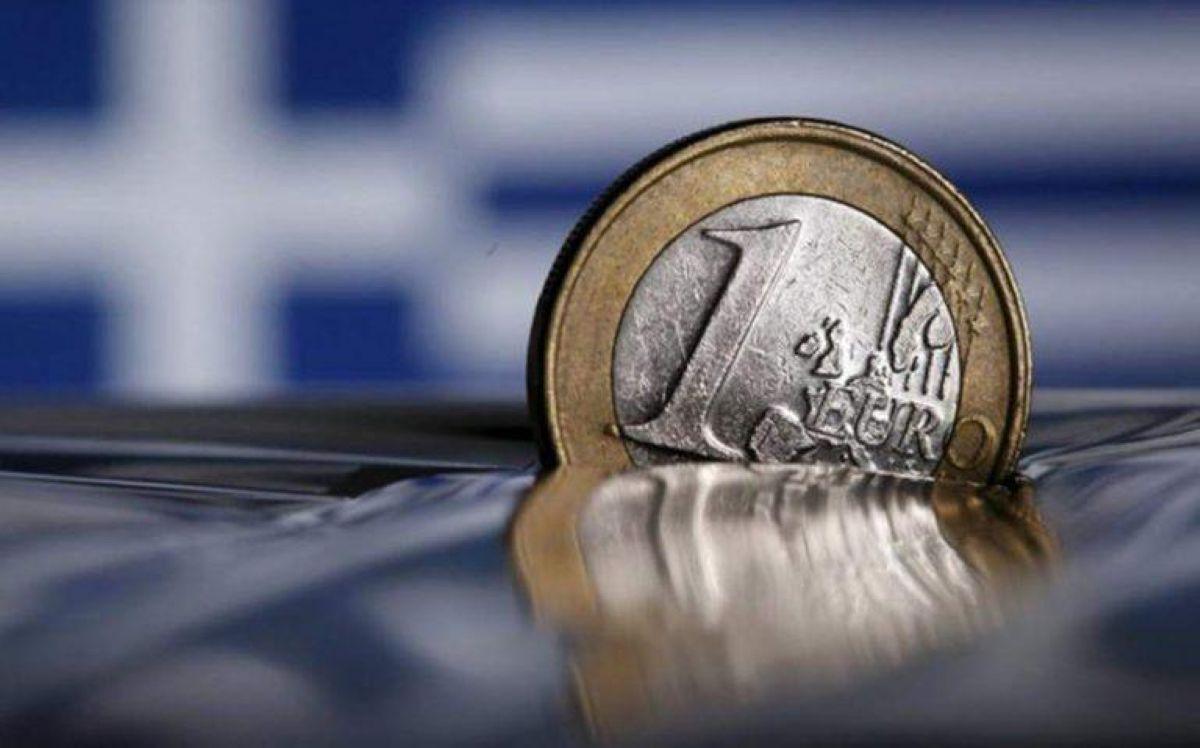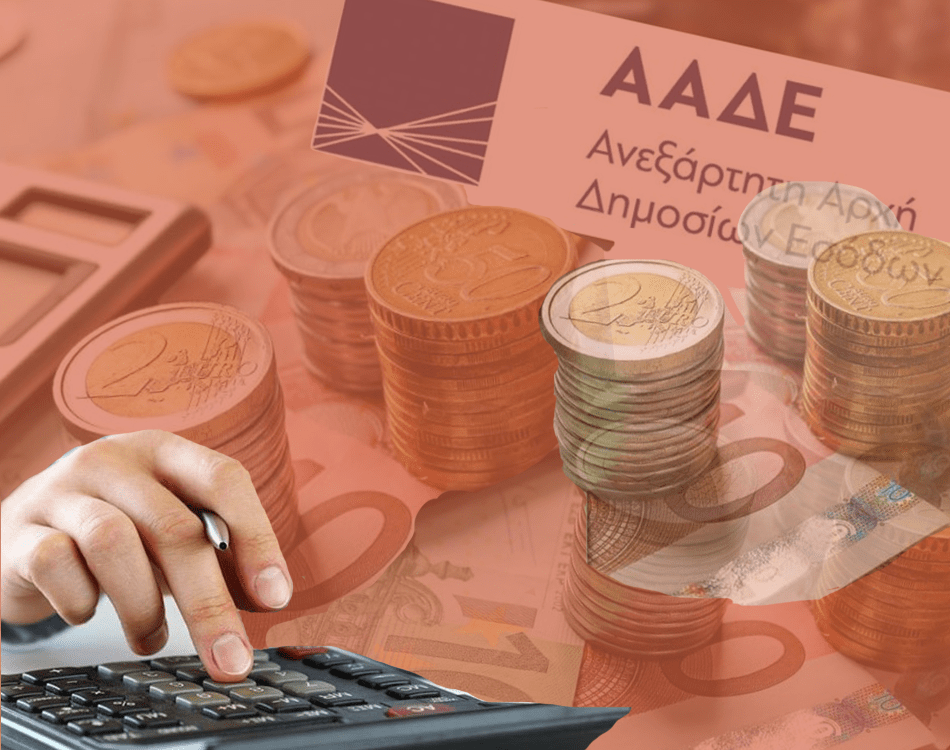Salaries are about half those in Europe, but prices are much hotter. This conclusion results from the comparison of the prices of products of the same multinational that are sold in Greece and in countries abroad where salaries are twice as high.
“OT” searched and compared products related to baby care in Greece, Germany, France, Spain. It should be noted that the minimum monthly wage in Greece, including benefits, is €910, in Germany €2,000, in France €1,747 and in Spain €1,260.
Baby formula
Baby formula of the same company and the same packaging is sold in Greece 37% more than in Germany as the Greek consumer will have to pay €25.99 per package, when the German pays €18.95. This particular package costs 23.49 euros in France, while it is sold at the same price in Spain.
Eurostat: Inflation rate in Greece at 2.4% in Sept.; 4.3% in eurozone
The differences in diapers are also disparaging. The price per piece in Greece is almost double that in Germany. Specifically, in Greece they are sold for 0.50 euros per piece compared to 0.23 euros in Germany. The price in our country is also higher than in France, where a diaper is sold at 0.38 euros per piece and in Spain 0.33 euros.
A similar picture in children’s shampoos. By always comparing a product of the same company, in the same packaging, it turns out that in Germany this specific shampoo is sold for 2.95 euros, while in Greece it is sold from 4 euros to 6.50 euros, that is, from 35% to 120% more dearly!
The above products are not the only ones that the Greek consumer pays more for, having half or even 1/3 of the purchasing power of Europeans.
At the beginning of this year, the Competition Commission after an extensive price investigation of the products of Unilever and P&G concluded that the products of the two multinationals are sold in Greece at 113.92% to 361% higher prices compared to the cheapest country in the E .E. which is ireland.
The reasons for the higher prices
The large price discrepancy could be partly justified by the following reasons:
- In many European countries multinationals maintain factories, with the result that the transport costs from production to consumption are significantly reduced.
- Greece is a relatively small market for multinationals, limiting their ability to squeeze profit margins. In other countries where the sales volume is much higher, there is the potential for more reduction in the profit margin.
- Finally, the different VAT rates that exist in Europe. Greece is in the top 5 European countries with the highest VAT rates. Based on the data, only Hungary, Croatia, Denmark and Sweden have a higher VAT than Greece and all are non-Eurozone countries. In the euro area, Greece and Finland hold the first place with a rate of 24%. The lowest VAT rates are in Luxembourg, 17%, in Malta, 18% and Cyprus, Germany and Romania, which are at 19%.















![Airbnb: Πρόταση για σύσταση ταμείου για τη στεγαστική κρίση [πίνακας]](https://www.ot.gr/wp-content/uploads/2025/11/airbnb.jpg)






















